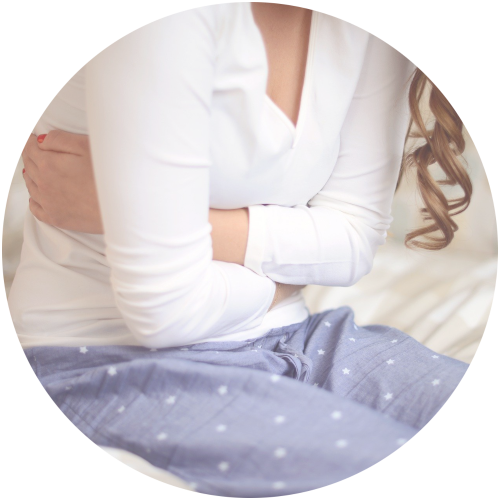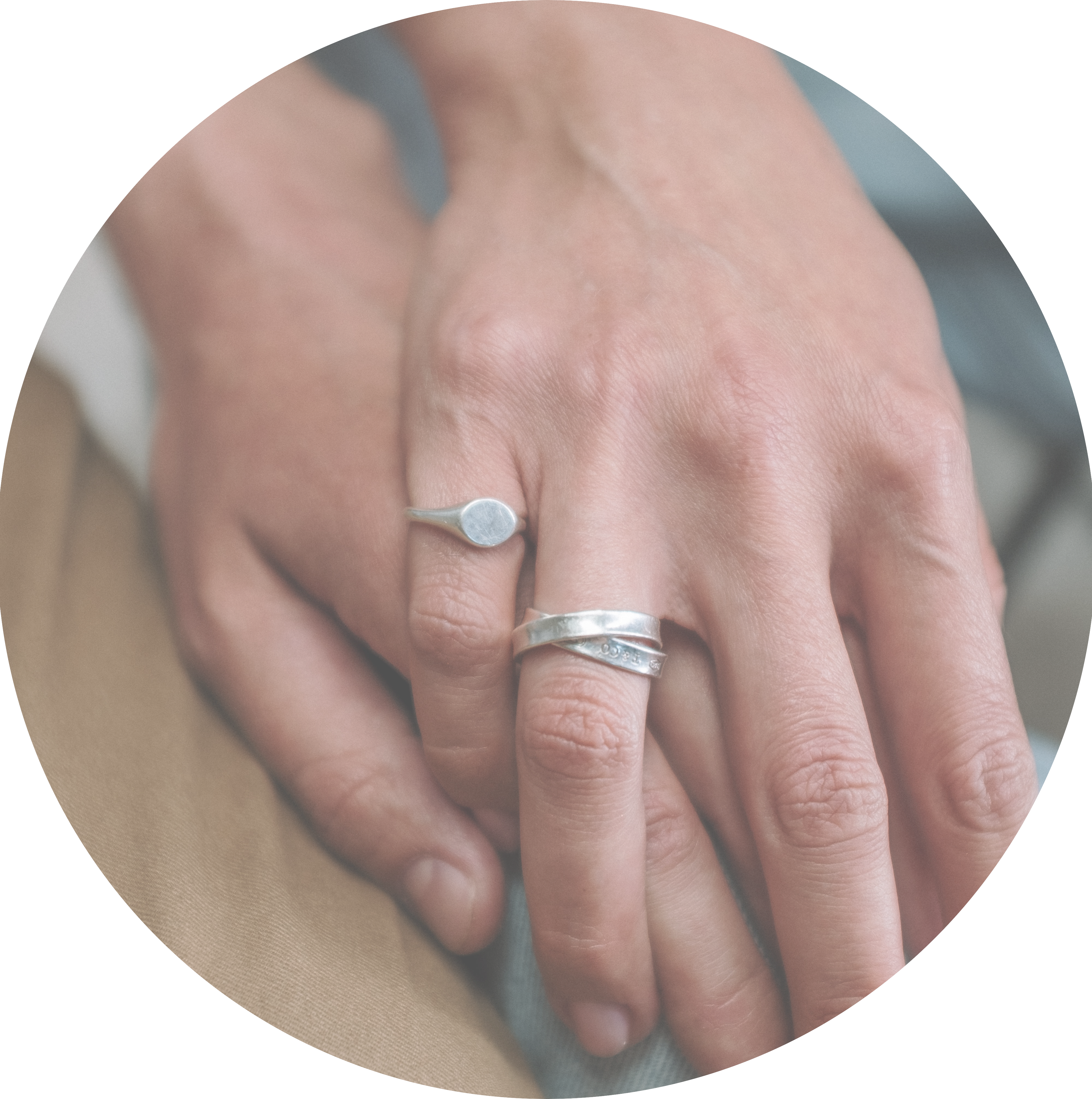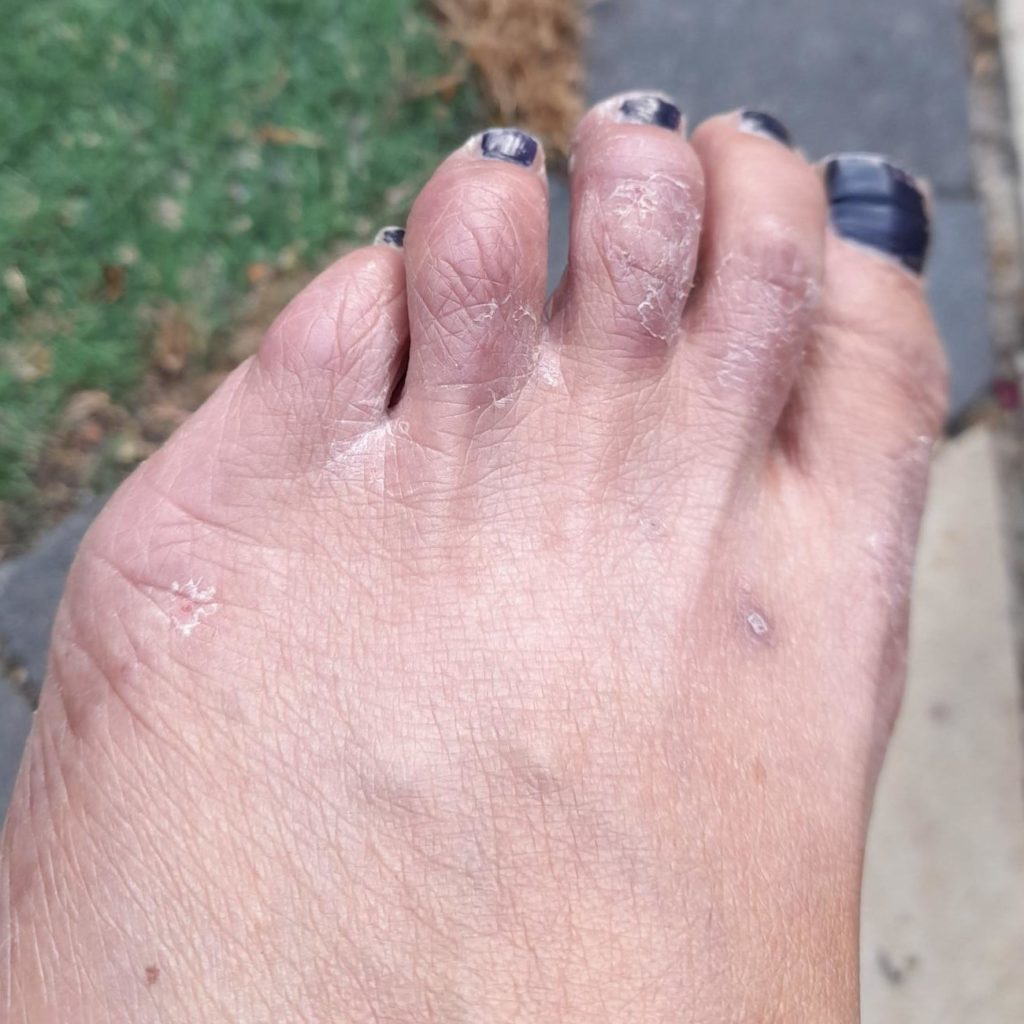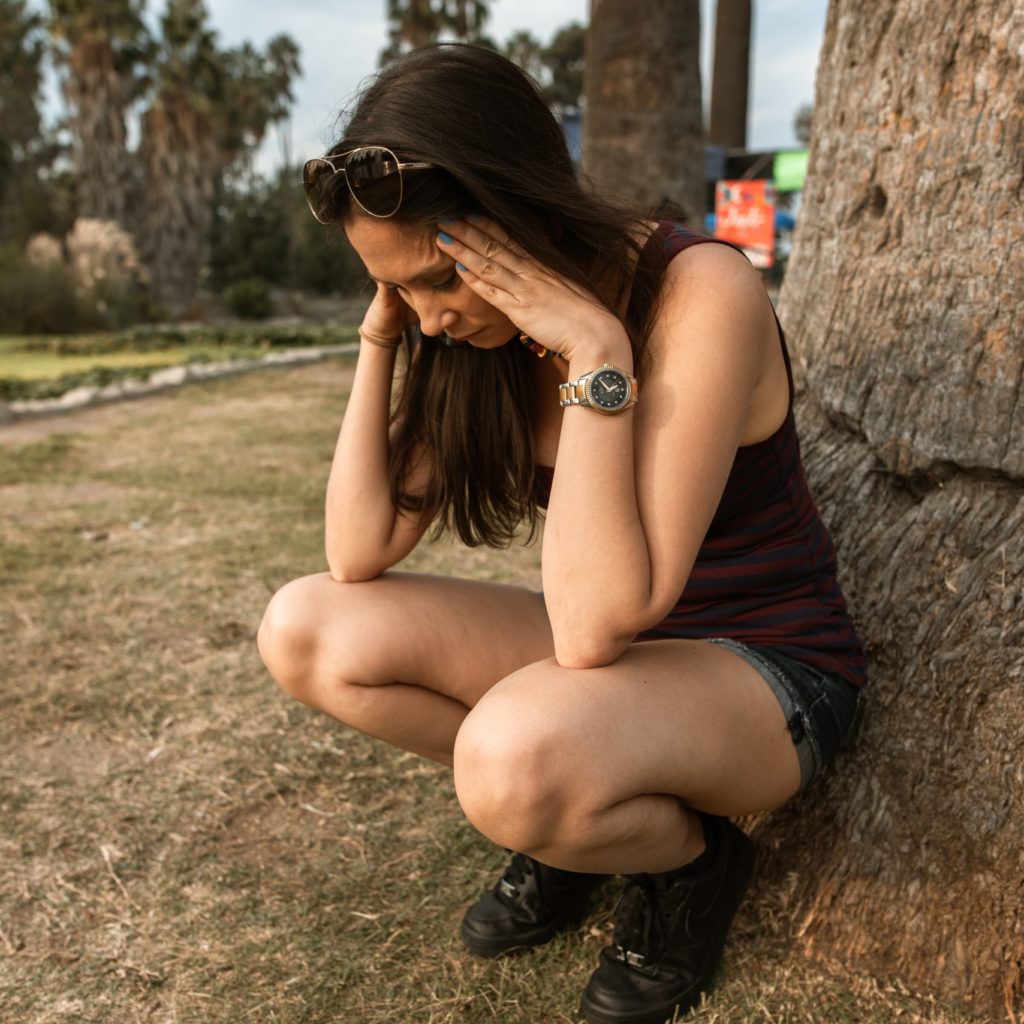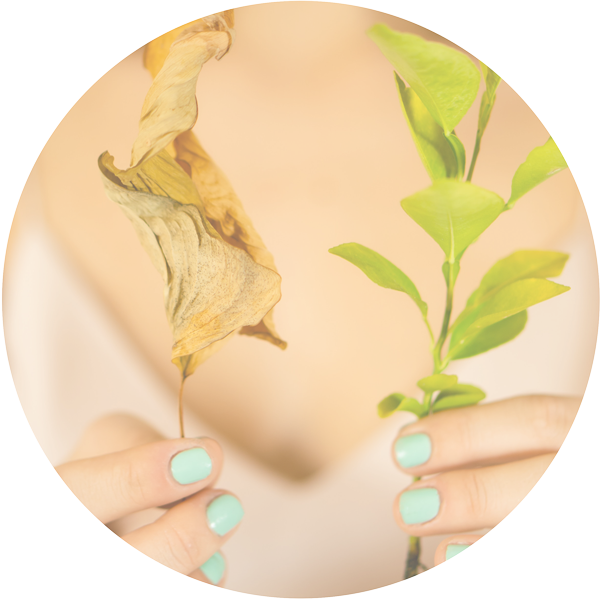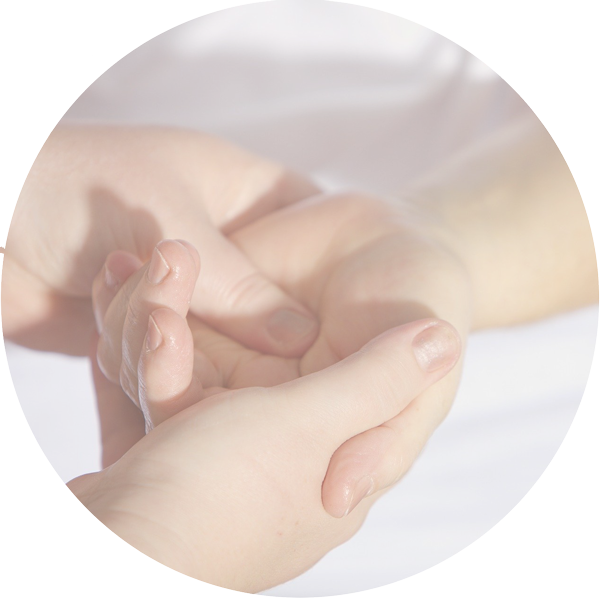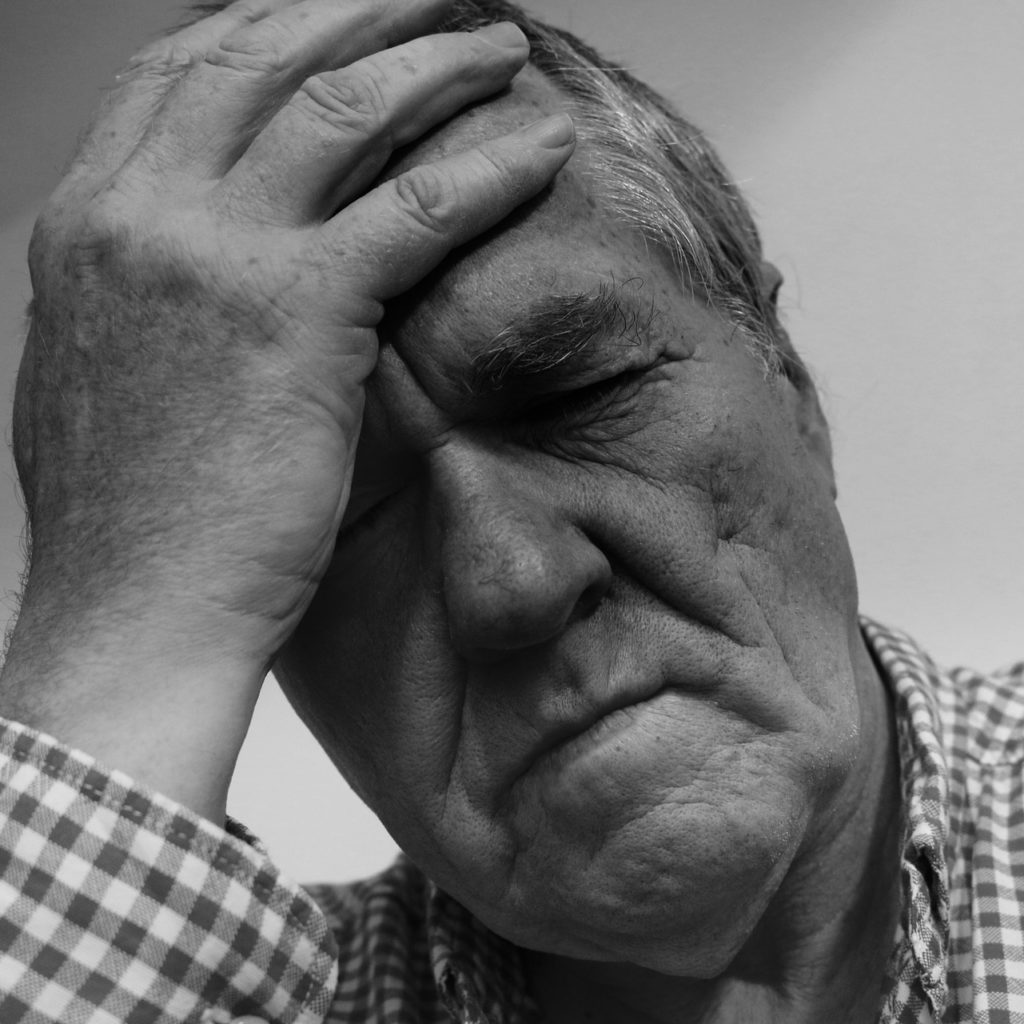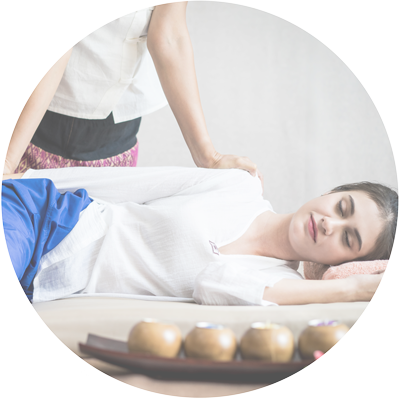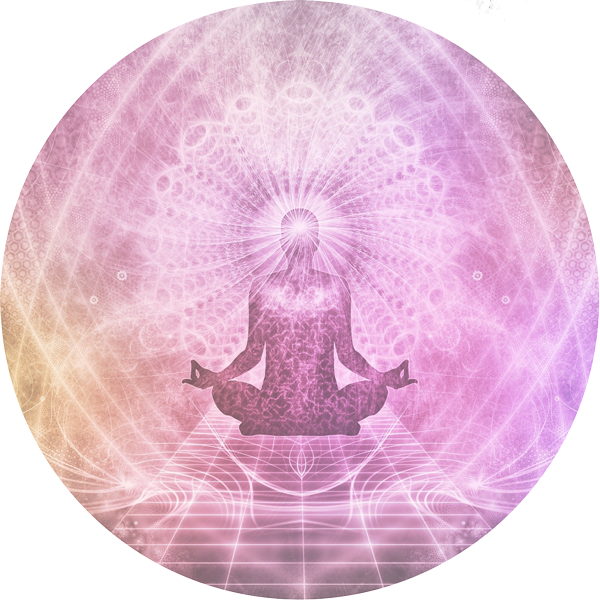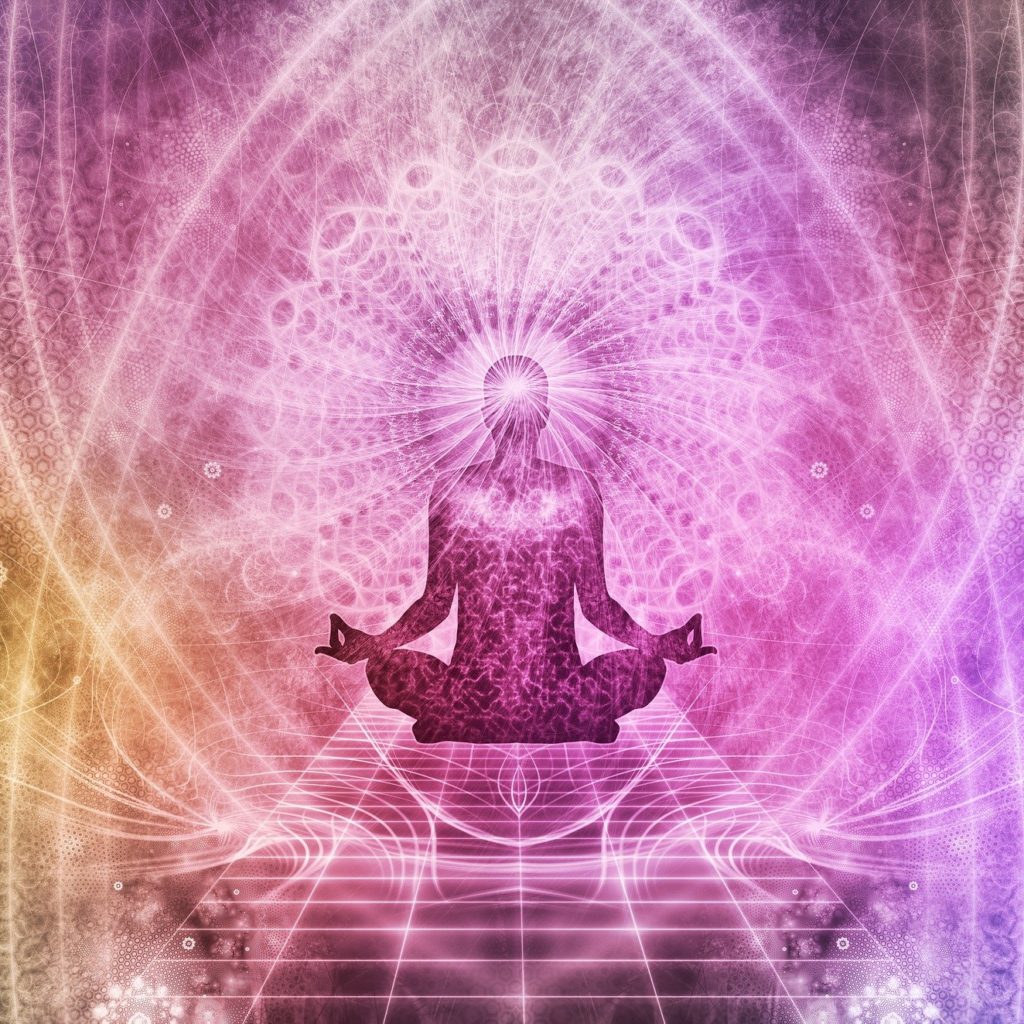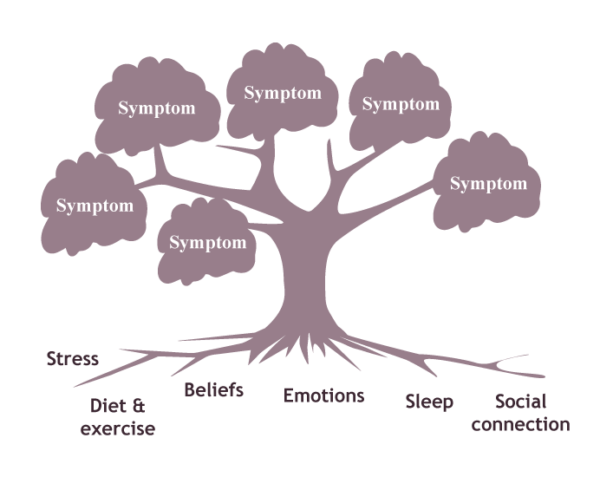Addressing the root cause of IBS
My personal journey of lasting natural recovery from IBS
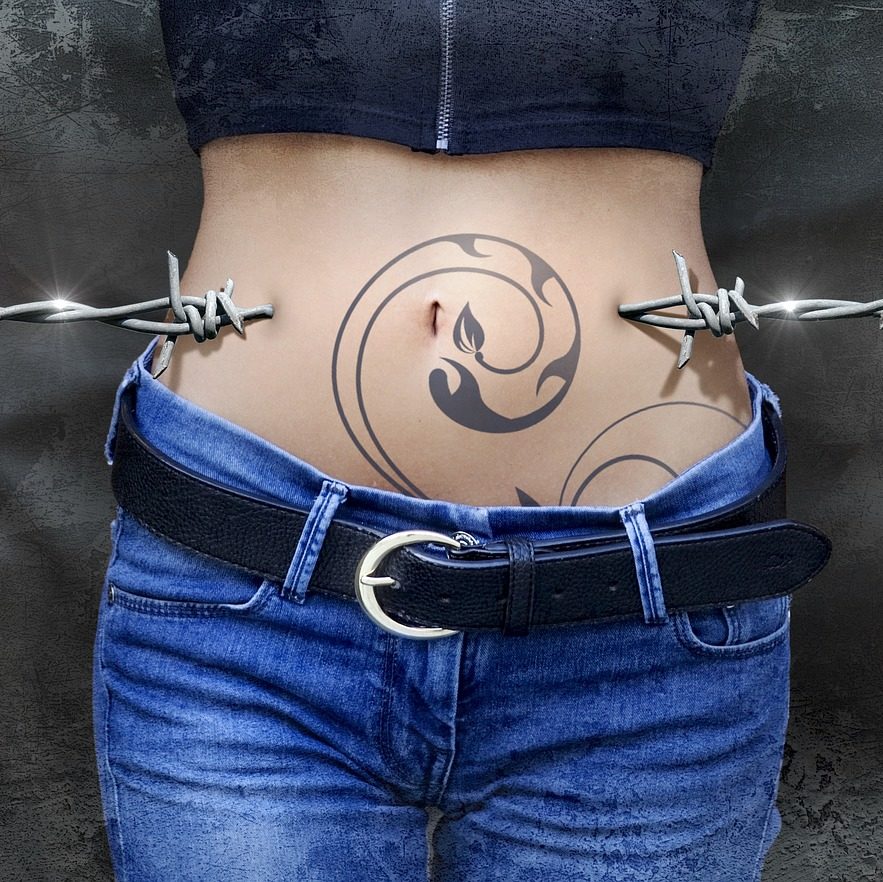
I suffered with digestive issues since I was a small child. My mum would agree.
Over four decades, my symptoms did fluctuate, with stress. The lowest point of all was travelling alone in Thailand, and not being physically able to leave my guest house to catch my flight home because I couldn’t get off the floor due to spasms. I laid on the cold guest house bathroom floor for several hours until I felt able to make it to reception to check back in. It was scary and I was alone.
It was an uncomfortable and embarrassing set of symptoms.
Change is possible
I’d had IBS symptoms so long that they just felt like a part of me, I had no memory of anything else although I envied people who didn’t have to think about their bowel movements.
I was sick of taking daily low level medications and underneath it all I wanted my body to naturally function. I knew that my digestive system is the powerhouse of my body and I knew that stress was impacting my symptoms.
Once I learned about my body and health from a root cause perspective I became determined to change this – and as I understood more and more how my body was adapting to help me cope with stress, I began to believe recovery was possible.

Self healing - without side effects or restrictive lifestyle changes

IBS is a complex collection of symptoms. It’s different for everyone and typically it’s a long term chronic condition that has set in over years. There is no switch we can flick to turn it off, but I have found a path out of it.
I’ve walked my path in reverse and gently supported my gut to self heal – without side effects or any restrictive lifestyle changes.
Don’t get me wrong, I avoided the gluten-bloating for quite some time, but I eventually noticed that my sensitivity flared with my symptoms and fundamentally: with stress.
Understanding irritable bowel syndrome
Many people naturally hold stress in their gut and all medical professionals accept that stress affects IBS. Many IBS sufferers are told to ‘manage stress’. This can feel demoralising to hear. After all it is symptom management.
Stress management did help me a little: every time I used to breathe into my belly, I could feel my digestive system relaxing, calming and softening. But that took focus and awareness – when I had time. It could help with in-the-moment stress, but what about past residual stress in my belly?
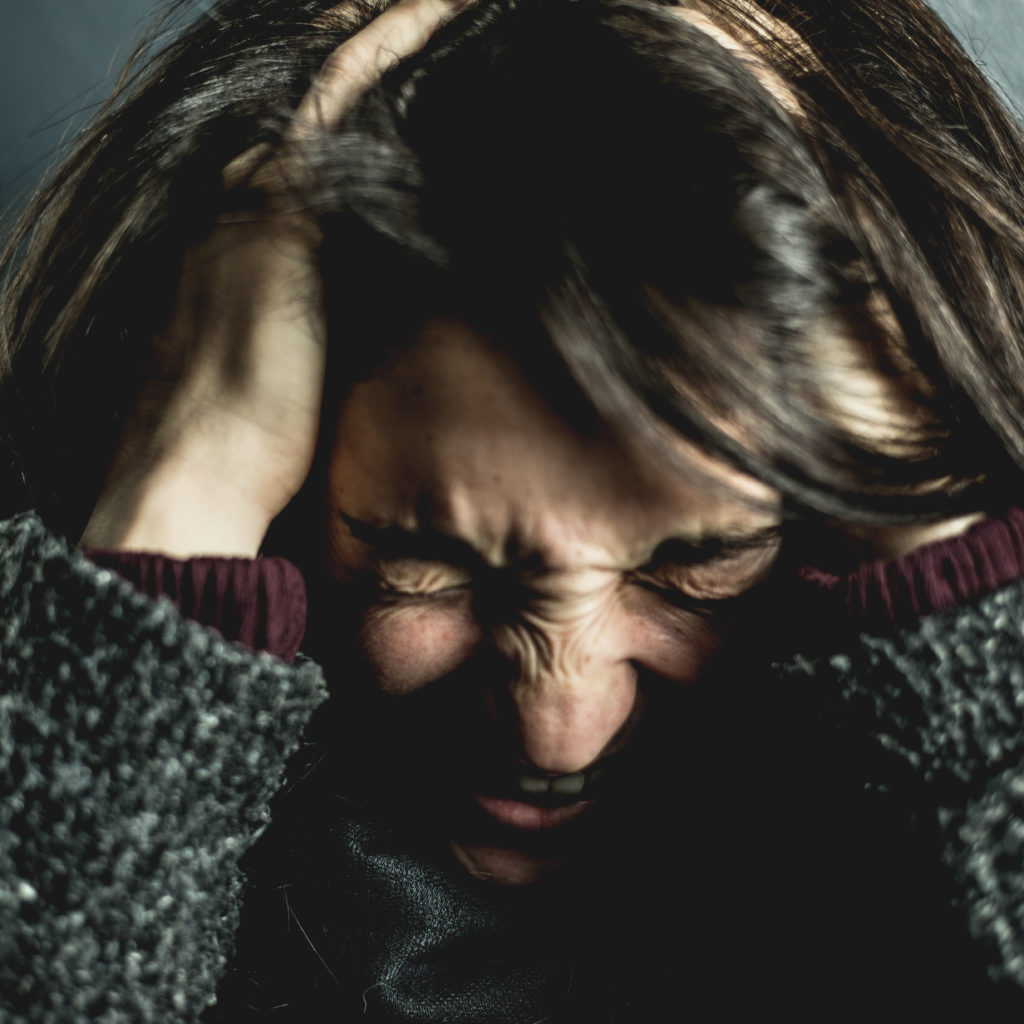
My root cause
My gut had reacted, years back, to stress and trauma and it had not learned to let go, because I hadn’t supported myself to do this. My digestive system was stuck constantly going in and out of fight or flight. There was old stress in my gut and my life today was constantly re-triggering it. My colon was holding onto something in my life that was deeply unresolved and uncomfortable and it was going to hold it until I listened, heard and made peace within myself. Instead, I had been ignoring myself and trying to keep the peace with everyone else.
Sometimes self healing involves releasing old emotions or energies in the body.
Sometimes it involves shifting limiting thoughts to empowering ones.
Sometimes it involves making real life changes to better take care of ourselves in our relationships and environments.
Often it involves a mix of all of the above.
For me, the change truly came when I set boundaries for myself, was true to me and made a firm decision to prioritise. Then my body could heal. For me, reaching this point of readiness and courage to make this change firstly involved releasing the fears, guilt, anger and shame that had previously stopped me.
Repair and regeneration

Once I worked on my stuff and was able to make these real life changes. Change was uncomfortable at times, my gut was finally digesting my past experiences and letting them go. But knowing about the body’s natural healing cycles, I understood that these symptoms were a process and part of my body letting go and healing. I no longer wake with that churning, tight gut feeling in the night, I have not experienced those horrid night sweats and I have felt a sense of peace and spaciousness in my belly.
…And I feel empowered in all areas of my life, because releasing the emotions and making real life changes that take better care of me freed me to go forward in many other new ways.
Ready for change?
Relieve pain and address the root cause. Book your free 20 minute discovery call.
Frozen shoulder – client story
What is your shoulder conflicted about pulling towards you or pushing away?
Read MoreHearing loss – client story
Addressing the root cause of hearing issues - what are your ears protecting you from hearing?
Read MoreThe root cause of eczema
When we address the deeper behind skin symptoms, change is possible.
Read More
